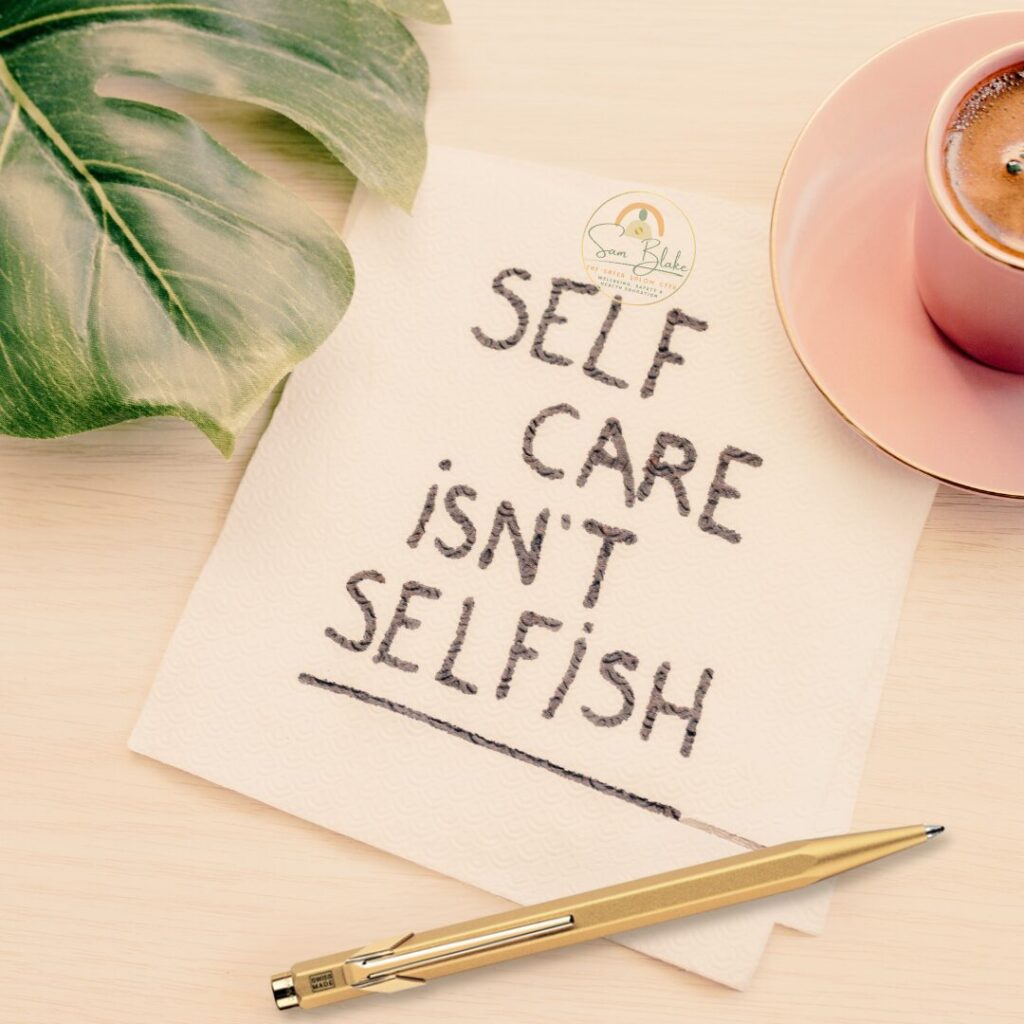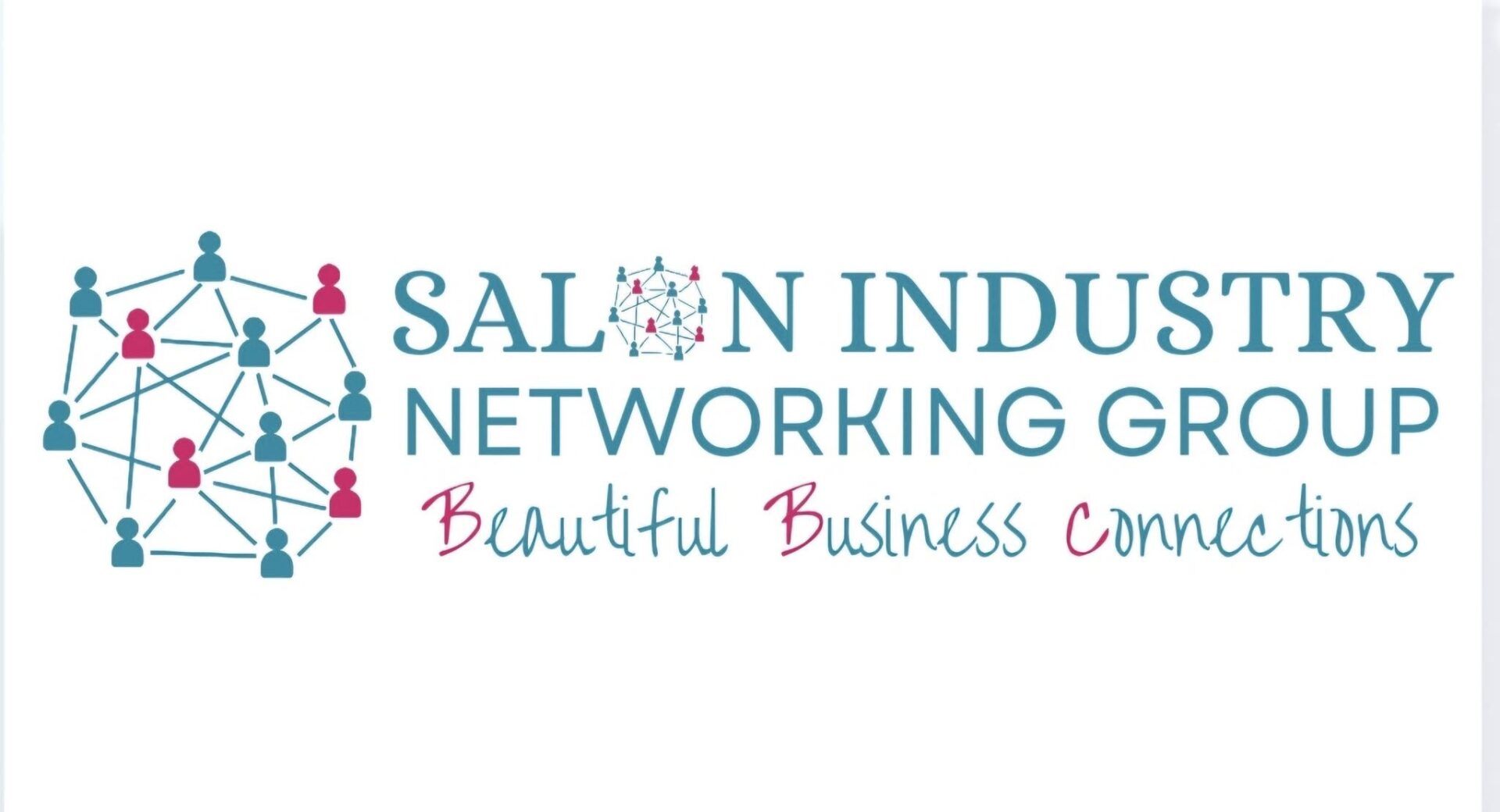The Essential Health & Safety Lesson
The Importance of Self-Care and Stress Awareness
In both education and work environments, pressure is a constant companion. It motivates us to reach our goals, but when it builds up too much, it can turn into stress, which harms both mental and physical health. Whether you’re a working salon professional, teaching or learning, it’s easy to push yourself to the limit. This article invites you to pause and reflect on your own stress levels and how they affect your wellbeing. In the salon and education industries, it’s time to expand our view of health and safety to include mental health and overall wellbeing.
Understanding the Impact of Stress
Traditionally, health and safety have focused on preventing physical risks through compliance and risk assessments. However, true safety goes beyond that, starting with awareness – of yourself and others. Stress increases risk, both physically and mentally. It can lead to accidents, presenteeism (working while unwell), poor performance, and behaviour changes, creating a ripple effect that impacts the entire team. Recognising when pressure crosses over into stress is a vital skill for workplace safety.
Consider how you handle deadlines or high-pressure tasks. Do you feel fatigued but accomplished, or do you find yourself mentally drained and struggling to concentrate? Understanding your stress triggers is the first step in preventing it from taking over. Reflect on how stress manifests for you. Do you worry, dwell on outcomes, or feel negative about your abilities? Asking yourself these questions is crucial for maintaining both mental and physical health.

Building Resilience and Supporting Others
Some people are naturally resilient, able to handle stress better due to their life experiences. However, not everyone possesses this trait. If you can recognise when others are struggling and provide support, that’s a sign of good leadership. In industries like beauty, hair, and education, being mindful of others’ stress levels is a safety-oriented skill.
A good mentor or educator not only looks after their own wellbeing but also supports their team or students by fostering a healthy environment where people can thrive under pressure without tipping into stress.
The key to a safe, stress-free work or learning environment is preventing stress from building up in the first place. This requires constant self-awareness, and for those in a leadership position, an awareness of others. Creating a learning or working environment that promotes psychological safety is essential. In post-pandemic times, when work-related stress is the leading cause of absence, this is more important than ever. A healthy, positive safety culture (PSC) must be cultivated.
Shifting the Culture – Prioritising Self-Care
In high-pressure jobs like teaching, it’s easy to neglect self-care. Skipping meals, working through breaks, and feeling overwhelmed by endless tasks can lead to burnout. Self-care isn’t a luxury; it’s a necessity. Ignoring stress will eventually harm both your personal and professional life. While changing an organisation’s culture is hard, focusing on what you can control in your own environment is a good place to start.
Recognising when stress is building up in yourself or your team can help prevent it from spiralling out of control. Learning to manage stress effectively builds resilience, which will serve you well in both your career and personal life. Healthy habits like setting boundaries, taking time for self-reflection, and seeking support are essential for maintaining wellbeing. This is the “Essential Health & Safety Lesson.”
Physical Wellness and Injury Prevention
In industries that require repetitive tasks, such as hair and beauty, it’s easy to overlook physical wellness. Poor posture, wrist pain from massage, or repetitive strain from using tools are common problems that can have long-term effects. Often, young professionals feel invincible and don’t think about the consequences until it’s too late. Incorporating injury prevention and postural awareness into training from the beginning is crucial. It’s never too late to adopt better habits, but starting early helps ensure a longer, healthier career.
Tips for Prioritising Self-Care
Set Boundaries
For educators and professionals, learning to say “no” when necessary is crucial. Setting clear boundaries between work and personal life isn’t a sign of weakness; it’s a way to preserve your energy for what really matters. For learners, creating a study routine that includes time for hobbies, social activities, and relaxation is key to maintaining wellbeing and avoiding burnout.

Regular Self-Reflection
Both educators and learners should regularly engage in self-reflection. Acknowledge your emotions, thoughts, and stressors. Keeping a journal can help foster self-awareness and track your growth. For educators, self-evaluation is a natural part of the job, but it’s important to do so with self-compassion rather than self-criticism. Celebrate small wins, positive feedback, and moments of gratitude to stay grounded.
For learners, tools like Individual Learning Plans (ILPs) can help manage stress. ILPs provide a structured approach to learning through SMART goals, personal tracking, and tailored strategies. This is especially helpful for those with Social, Emotional, and Mental Health (SEMH) needs, as it reduces anxiety and keeps educational stress in check.
Seek Support
Stress thrives when we keep it to ourselves. Sharing your feelings with someone you trust, whether it’s a friend, colleague, mentor, or wellness professional, can provide a fresh perspective and open the door to new solutions. Reaching out for help is an important part of stress management and resilience-building.
Embrace Self-Care
Adopting both active and passive self-care strategies is vital for maintaining balance. Movement and exercise, like yoga or Pilates, can help you stay physically and mentally fit. It’s equally important to give yourself breaks—don’t let your enthusiasm for success push you into burnout. Recognise when you’re approaching your limits and make time to recharge.

Sam provides health & safety, wellbeing and DEIB support & resources to professionals and business owners in the salon industry
Conclusion: The Mindful Approach to Health & Safety
In the salon and education industries, a mindful approach to health and safety is about more than compliance. It’s about creating a person-centred environment where everyone feels supported. Nurturing your own wellbeing equips you to better nurture others, whether they’re colleagues, clients, or students. Remember to put yourself first occasionally, seek support when needed, and practice self-care as an essential part of your professional and personal safety.

